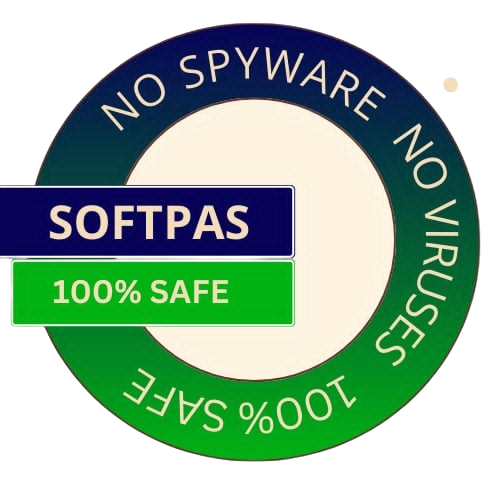
Get the best deals on your favorite games
NBTScan is a handy tool for scanning your network to get NetBIOS name info. Basically, it sends out status queries to every address in a range you choose and then displays the info in an easy-to-read format. You can see details like the IP address, the NetBIOS computer name, who’s logged in, and even the MAC address for each host that responds.
NBTScan works on both Unix and Windows systems. I’ve tried it on several versions like Windows NT 4.0, Windows 2000, FreeBSD 4.3, OpenBSD 2.8, and RedHat Linux versions 7.1 and 7.3. It should also run smoothly on Solaris and other Linux distributions!
This program has a bit of history! Steve Coleman helped port earlier versions to Solaris, HP-UX, and OSF/1 while also fixing some bugs along the way. He even got it running on IRIX/SGI with just a few hiccups. Other users have reported success getting NBTScan to work on AIX and SunOS as well.
The cool thing about NBTScan is that it’s a successor to an older Perl script with the same name but runs much faster! When you run it, you get reports that look something like this:
IP address NetBIOS Name Server User MAC address
------------------------------------------------------------------------------
192.168.1.2 MYCOMPUTER JDOE 00-a0-c9-12-34-56
192.168.1.5 WIN98COMP RROE 00-a0-c9-78-90-00
192.168.1.123 DPTSERVER ADMINISTRATOR 08-00-09-12-34-56
The first column shows the IP address of each responding host, while the second gives you its computer name.
If you add a -v switch when running NBTScan, you'll get a detailed list of all NetBIOS names for each responding address!
NetBIOS Name Table for Host 192.168.1.123:
Name Service Type
----------------------------------------
DPTSERVER < 00 > UNIQUE
DPTSERVER < 20 > UNIQUE
You can find out what services are available too!
What's New in This Release:
Go to the Softpas website, press the 'Downloads' button, and pick the app you want to download and install—easy and fast!

SoftPas is your platform for the latest software and technology news, reviews, and guides. Stay up to date with cutting-edge trends in tech and software development.
Subscribe to newsletter
© Copyright 2024, SoftPas, All Rights Reserved.